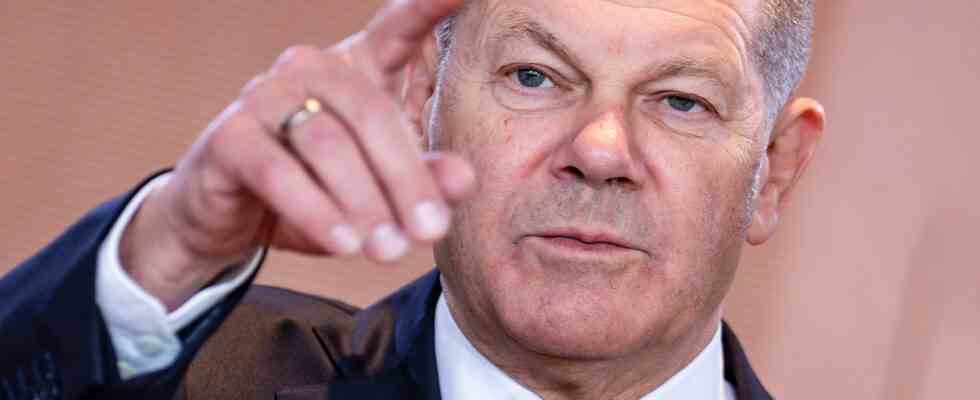comment
Status: 10/17/2022 9:13 p.m
Chancellor Scholz has played the policy competence as the penultimate power option. This became necessary because he lacked the respect of his ministers, says Georg Schwarte. Next time he could ask the vote of confidence.
The chancellor has power. Finally, sigh some who were tired of the eternal moderation. Unnecessarily, the quiet procrastinator let the nuclear power debate go on for months.
So now it’s backtracking. “Anyone who orders leadership from me gets it,” the man once said before he was chancellor. So at first glance everything is fine. Scholz leads, says where to go with his traffic lights and cares neither about red lines of the Green Party Congress soul nor about runtime data of the FDP, which suddenly appealed to common sense.
The Basta in the Rules of Procedure
The chancellor sets the guidelines for internal and external politics. Paragraph one of the rules of procedure of the federal government – that’s not there for nothing.
But for the chancellors of the past, this competence to issue guidelines was at best an ultimate threat. If you don’t pull yourself together now, I decide, was the motto. It was the basta in the rules of procedure of the federal government. Most chancellors were clever enough to leave it at best with a reference to the possibility of demanding that directive competence.
The chancellor made the right decision
Scholz made a different decision. Not for strength. Definitely not. How sovereign is a chancellor who, after just ten months in office, wrote to three ministers in an official letter that he had made the following decision in accordance with his policy competence? What about the authority of a head of government who, in three long talks, cannot settle two arguments in his own shop for the sake of the traffic light coalition and the country’s energy security?
So in the end he played the policy competence as the penultimate power option. A chancellor only does that once. Next time, Scholz can ask the question of confidence. Incidentally, the Chancellor made the right decision on this matter. Even if that came way too late. In this form, however, it is the clearest indication so far that the chancellor still has the authority to issue directives, but apparently no longer has the natural respect of his ministers.
Editorial note
Comments always reflect the opinion of the respective author and not that of the editors.

